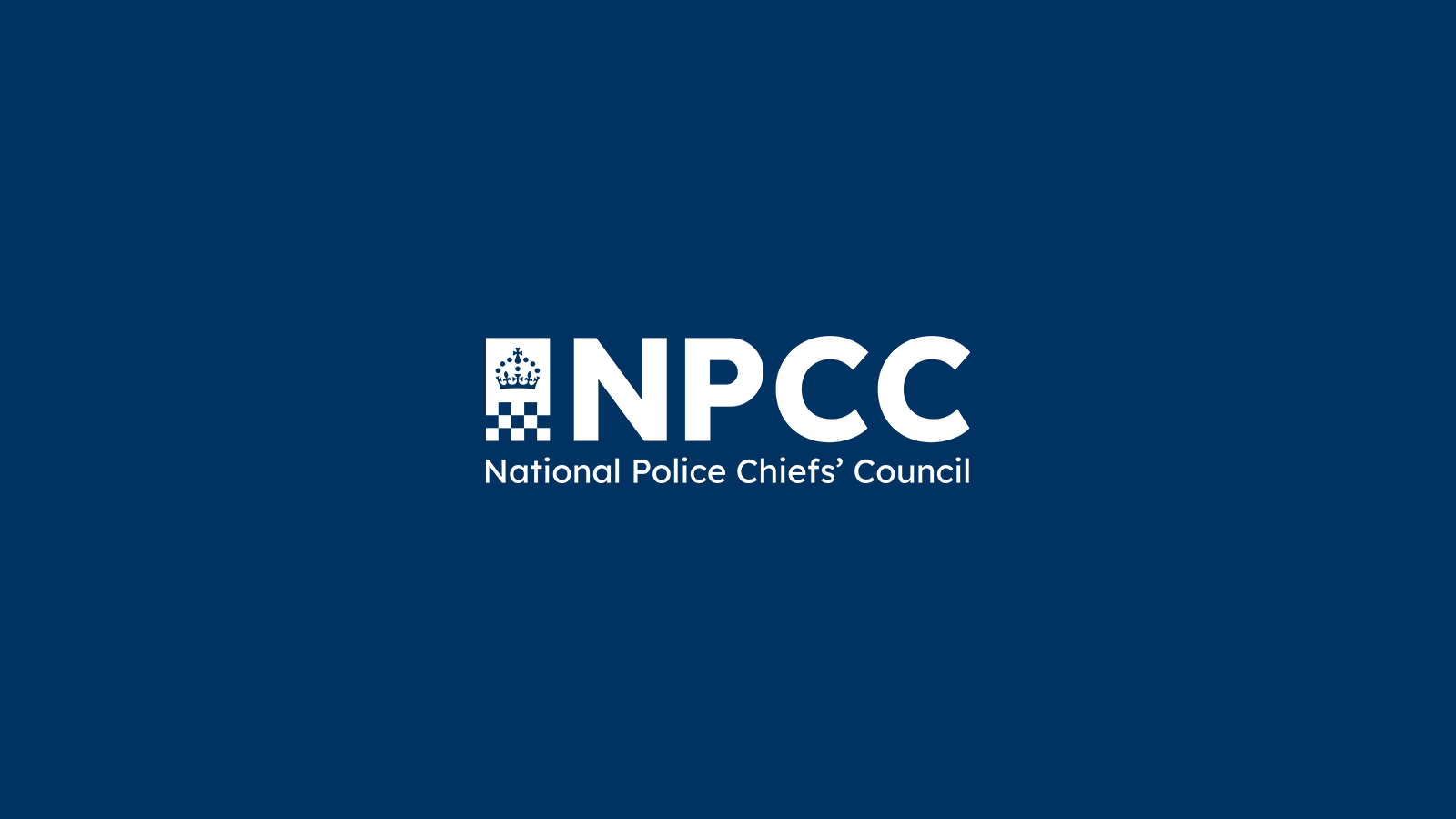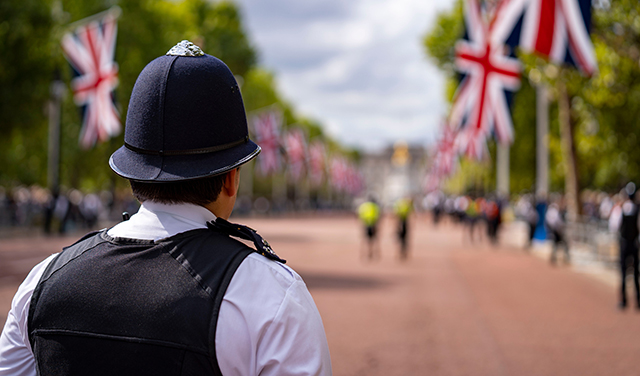News
-

Hate crime is unacceptable in any circumstances say police
The vast majority of people are continuing to go about their lives in safety and security and there have been no major spikes in tensions reported but we are monitoring an increase in reports to our online reporting website
-

Minute silence today for victims of Tunisia terror attack
Several forces across the country will observe a minute silence today (Monday June 27) to mark the first anniversary of the terrorist attack in Tunisia.
-

Police requirement to work with Europe has not changed and must be maintained as UK leaves the EU
We will work with the Government to ensure we retain our ability to work closely and at speed with European countries to keep people in the UK safe.
-

Police prepared for summer events
Summer is moving into full swing with many outdoor events being planned across the country.
-

NPCC publishes plan of priorities for 2016/17
Coordination committees within the NPCC have worked together to set out their priorities for 2016/17, which will help join up the response to the most serious threats and improve policing for the public.
-

Euro 2016: Appeal for information
On Saturday 11 June, English fans were targeted in an orchestrated, prolonged attack that resulted in 14 supporters being hospitalised.
-

Tackling child sexual abuse is a priority for every police force
We remain committed to working with partners to tackle child sexual abuse in all its forms.
-

Euro 2016 - let the good atmosphere of recent days continue
Sensible and positive measures have been taken by French police ahead of the Euro 2016 matches on Monday. Fans should stay safe and behave responsibly while enjoying the tournament.
-

Police to reiterate security advice to MPs
Following the tragic murder of Jo Cox MP, police forces have been asked to reiterate protective security advice to MPs around the country about personal safety.
-

Euro 2016 - Minor incidents of anti-social behaviour quickly resolved
Fans are reminded to keep themselves safe and behave responsibly througout the rest of the tournament
-

We’ll engage with Government about proposals to extend misconduct sanctions for retired officers beyond 12 months
The NPCC and the Chief Police Officers Staff Association have concerns about the proportionality of extending misconduct sanctions beyond 12 months and will work with Government to ensure any change in legislation is as fair and proportionate as possible
-

Police advice to fans at Euros 2016 - don't retaliate to provocation
We are continuing to work with French police and Russian policing team to prevent further violence and support investigations to help bring offenders to justice.

